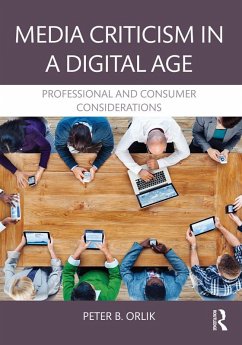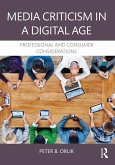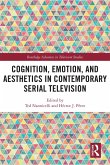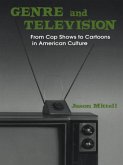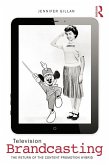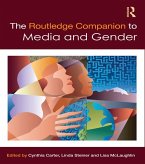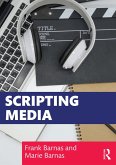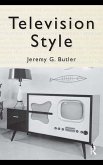Media Criticism in a Digital Age applies key aesthetic, sociological, philosophical, psychological, structural and economic principles to arrive at a comprehensive evaluation of programming and advertising content. It offers a rich blend of insights from both industry and academic authorities. These insights range from the observations of Plato and Aristotle to the research that motivates twenty-first century marketing and advertising. Key features of the book are comprised of:
- multiple video examples including commercials, cartoons and custom graphics to illustrate core critical concepts;
- chapters reflecting today's media world, including coverage of broadband and social media issues;
- fifty perceptive critiques penned by a variety of widely respected media observers and;
- a supplementary website for professors that provides suggested exercises to accompany each chapter (www.routledge .com/cw/orlik)
Media Criticism in a Digital Age equips emerging media professionals as well as perceptive consumers with the evaluative tools to maximize their media understanding and enjoyment.
Dieser Download kann aus rechtlichen Gründen nur mit Rechnungsadresse in A, B, BG, CY, CZ, D, DK, EW, E, FIN, F, GR, HR, H, IRL, I, LT, L, LR, M, NL, PL, P, R, S, SLO, SK ausgeliefert werden.
Using personal experience and reasoned scholarship, Orlik incorporates the fundamentals of traditional media criticism into an accessible approach to dealing with new and emerging media. David Byland, Editor, Journal of Media Education
Orlik shows media consumers as well as media practitioners (and wannabes) how to evaluate the ever-changing media industries and their products through various approaches, especially "composite criticism." Such assessment provides comprehensive, effective, and meaningful critiques - both positive and negative - that contribute to media literacy in the 21st century. Louise Benjamin, Professor, Associate Dean for Academic Affairs, College of Arts and Sciences, Kansas State University

